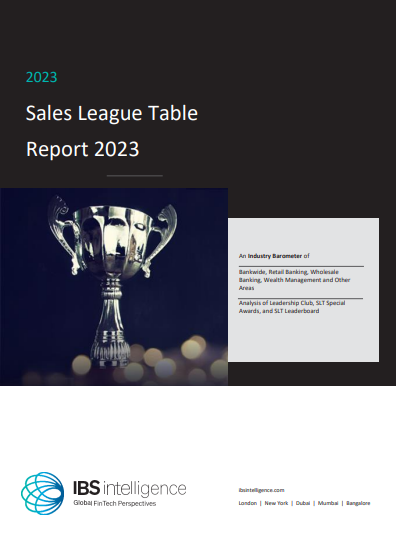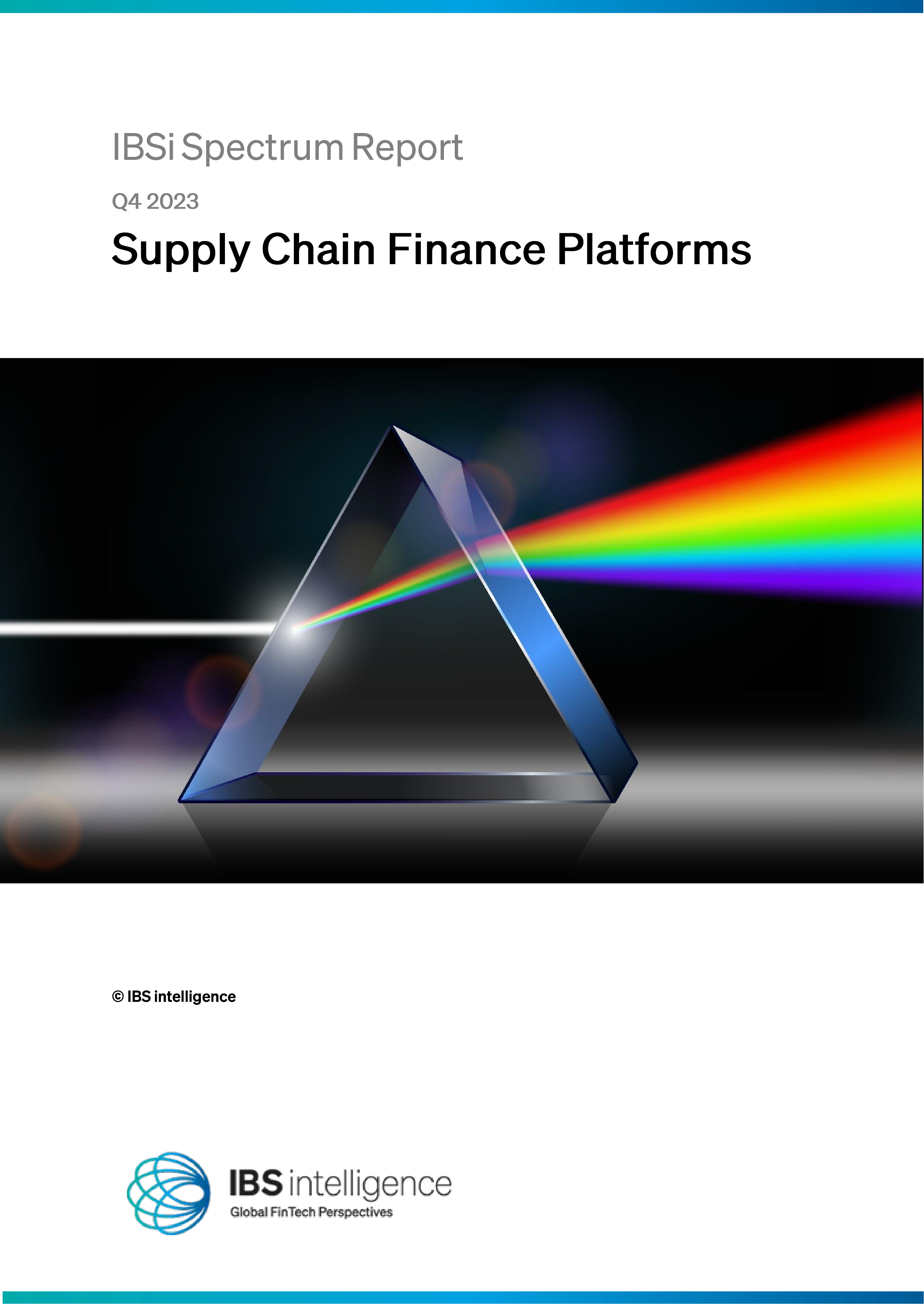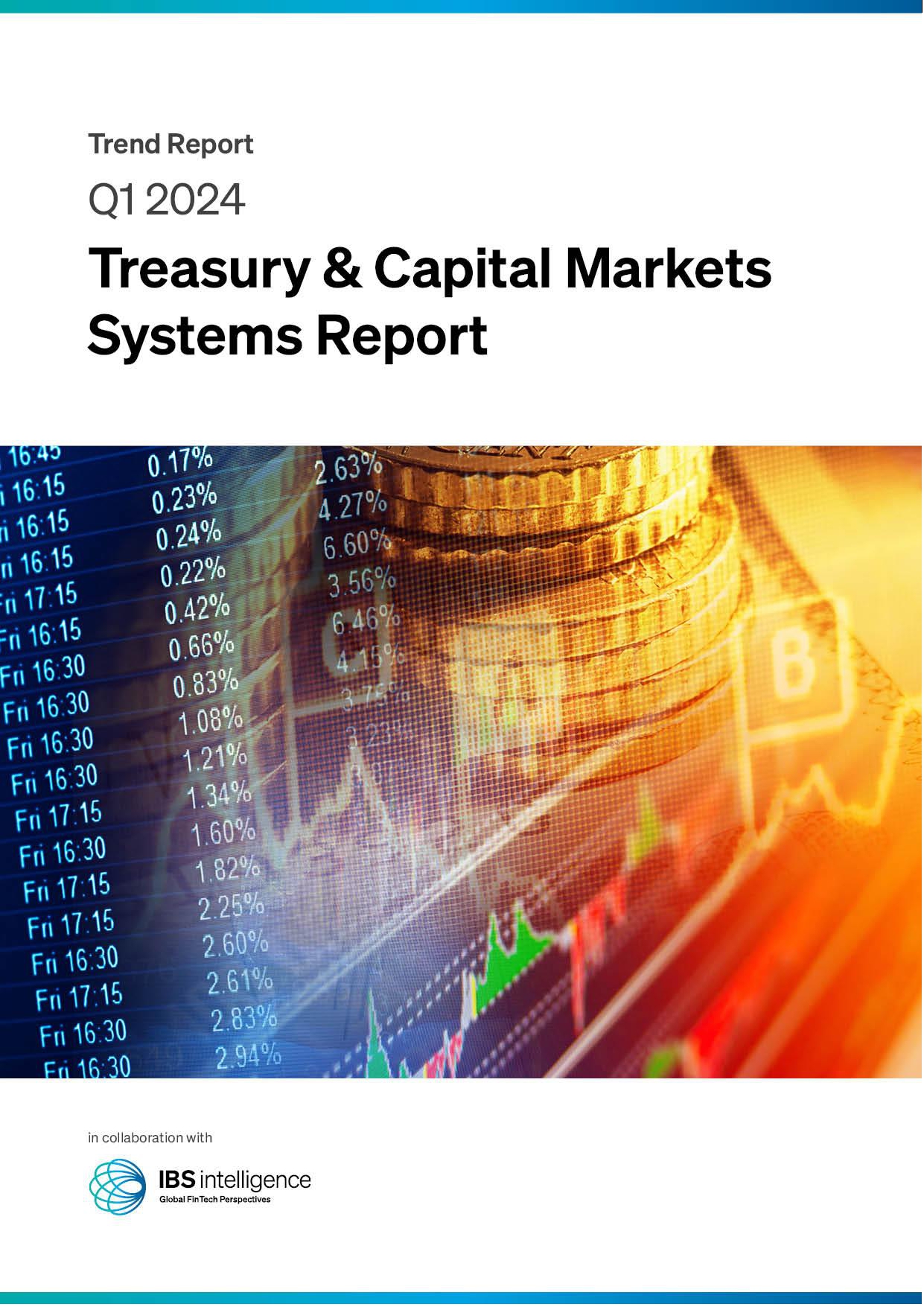 Back
Back
Full speed ahead for sustainable finance: the year of regulation and Gen AI
Olivier Brien, Global Business Development Manager, Lending at Finastra
Sustainability is now a vital priority in financial services, as we are witnessing a shift towards mandatory environmental, social, and governance (ESG) disclosures. The market for sustainable finance is diverse, supporting various initiatives such as financing companies installing solar panels, manufacturing electric cars, and investing in greener buildings.

Although sustainable finance products are becoming more prevalent in the market and sustainability-linked loans (SLLs), for instance, have seen significant volume peaks, concerns about greenwashing and rigid structures have led to a decline in appetite. SLLs provide borrowers with lower interest rates if they achieve certain ESG goals, but many borrowers are reluctant to disclose their ESG targets to the market.
On the other hand, green bonds are gaining traction but face growth barriers due to inconsistent standards, data access challenges, and greenwashing fears. Financial institutions must tackle these challenges, integrate data and automate processes to seize the ESG opportunity.
Regulation is paving the way to a greener future
One year ago, the EU’s Corporate Sustainability Reporting Directive (CSRD) entered into force, marking an important milestone in ESG reporting. At the beginning of 2025, nearly 50,000 companies in Europe will have to disclose ESG information on the impact of their activities.
At COP28, the European Commission announced that the next step would be to create reporting standards for small and medium-sized enterprises. Applying the standards will allow SMEs to respond to requests they receive from large companies, banks or investors, and have access to sustainable finance products. The European Commission also aims to regulate ESG ratings to enhance transparency and comparability by providing valuable information for investors and other stakeholders.
The Basel Committee has also proposed changes to its Basel 3 framework, which include climate disclosure rules for larger banks. The proposed changes will be implemented from January 2025 and aim to improve bank risk management and practices related to climate-related financial risk.
Moreover, the European Green Bond legislation came into effect a few months ago with the aim of fostering the funding of sustainable projects and enhancing coherence and comparability in the market. The regulation is expected to be implemented from November or December onwards and will mark another milestone for sustainable finance. These initiatives are essential for achieving sustainability and will help us better understand what green really means.
Generative AI has the potential to revolutionize ESG reporting
ESG reporting provides an extraordinary competitive advantage for corporates, FinTech’s, and financial institutions. However, it also poses several challenges, and a major obstacle is the lack of structured and reliable data. Concurrently, manual processes are time-consuming, costly and more susceptible to errors or risks.
Given the growing need for high-quality disclosures, it becomes imperative for companies and financial institutions to tackle reporting by switching from manual to automated processes. Gen AI holds transformative potential for companies and financial institutions by enabling them to harness data, streamline processes, and provide a seamless experience for stakeholders. The State of The Nation Report conducted by Finastra shone a light on its role in ESG reporting. More precisely, 36% of respondents want to leverage Gen AI to collect, process and analyze data for ESG criteria classifications and decision-making.
Once financial institutions have access to accurate data, they can enhance their own reporting processes and, when it comes to SLLs, assess a customer’s situation, streamline the lending process, and adjust the terms and risk management accordingly.
Partnering with FinTech’s enables banks to leverage innovative technologies and ecosystems that allow information to be easily shared and KPIs to be tracked while ensuring compliance with upcoming regulations. Via open APIs, banks can also access up-to-date data sources that help them tailor their lending services to corporate customers.
According to the survey, most financial institutions (85%) believe it is important for financial services to support ESG initiatives and actively seek to improve in this space. Green lending is perceived as an opportunity for growth and revenue generation by 82% of respondents. Therefore, the time is now – financial institutions have a fantastic opportunity to define a robust ESG strategy, harmonize and democratize data, leverage best-in-class solutions, and gain a competitive edge.
IBSi News
- Daily insightful Financial Technology news analysis
- Weekly snapshots of industry deals, events & insights
- Weekly global FinTech case study
- Chart of the Week curated by IBSi’s Research Team
- Monthly issues of the iconic IBSi FinTech Journal
- Exclusive invitation to a flagship IBSi on-ground event of your choice
IBSi FinTech Journal

- Most trusted FinTech journal since 1991
- Digital monthly issue
- 60+ pages of research, analysis, interviews, opinions, and rankings
- Global coverage
Other Related Blogs
April 18, 2024
From experimentation to business value: four ways GenAI can transform financial services
Read MoreRelated Reports

Sales League Table Report 2023
Know More
Global Digital Banking Vendor & Landscape Report Q1 2024
Know More
Wealth Management & Private Banking Systems Report Q1 2024
Know More
IBSi Spectrum Report: Supply Chain Finance Platforms Q4 2023
Know More

